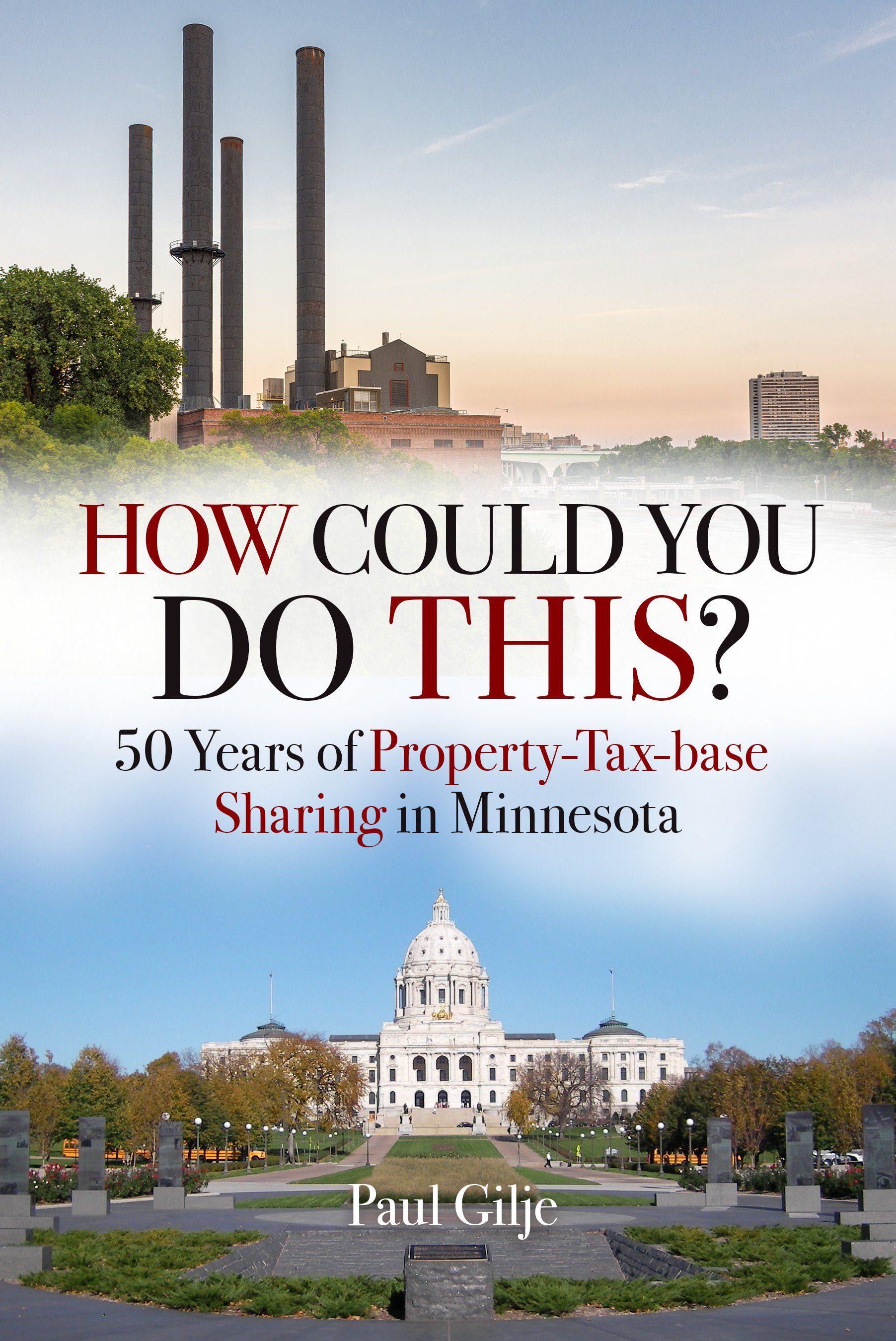Paul Gilje was serving as staff to the Citizens League Fiscal Disparities Committee in 1968. F. Warren Preeshl shared with Gilje his suggestion for tax-base sharing at dinner before the committee’s meeting on December 12, 1968. Gilje wrote the committee report recommending tax-base sharing.
He followed progress of the proposal through the Legislature, administrative implementation, court challenges, and efforts to curtail or repeal the law. Gilje testified before the Minnesota Tax Court in the Shakopee case. He prepared annual Citizens League analyses of tax-base sharing.
Born Towner, North Dakota, March 25, 1937; Graduate, Carrington, North Dakota, High School, 1955; Bachelor of Science, Journalism, Northwestern University, Evanston, IL, 1959; Master of Science, Journalism, Northwestern, 1960; Staff writer, Minneapolis Star, 1960-1964; Associate Director, Citizens League, 1964-1988; Director of stewardship and administrator, Prince of Peace Lutheran Church, Burnsville, MN, 1988-1993; Stewardship consultant, The Rogers Company, 1993-2000; Executive Director, Presbyterian Homes Foundation, 2000-2005; Executive Director, Civic Caucus, 2005-2017.



